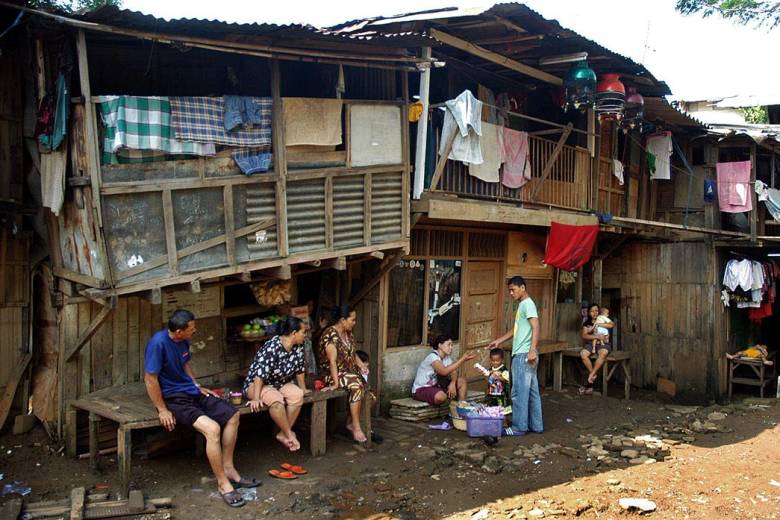What Causes Poverty in Indonesia?

Poverty is an issue that covers a wide array of life aspects in Indonesia. There have been many efforts put in place by Indonesia to help alleviate poverty, but it remains one of the most fundamental issues in Indonesian development. To be able to comprehend the roots of poverty, one needs to research the associated factors contributing to such a condition.
Among the significant causes of poverty in Indonesia is massive economic inequality. The inequalities of economic growth are reflected in the fact that, while the country has been enjoying rapid economic growth these past few decades, all the citizens have not benefited from this growth. Many of the regions, especially those lying outside of Java, remain predominantly poor. Most would link this to inequality regarding access to education, healthcare, and economic opportunities. People living in isolated or underdeveloped regions often experience a lack of accessibility to services, which greatly diminishes one's opportunities of bettering his or her quality of life.
The other important component involved in this debate about poverty is education. A disparity in quality and a lack of opportunities for higher education in some regions diminish the employability of many to fight for an increasingly competitive job market. Low levels of education are directly related to low income, since skilled workers usually have fewer and less promising job opportunities. Besides, the limitation of access to good quality education influences the ability of people to earn their living and pulls them into a self-maintaining circle of poverty, which is hardly possible to overcome.
The aspects of health, too, are another important aspect of debates on poverty. Inadequate health facilities and low levels of public health ail and hurt the work and income-generating capacities of an individual. Poor health standards may reduce work capacity and deteriorate the economic condition further to enter into a poverty cycle. The lack of sufficient health centers and expensive treatments in certain regions keeps health access difficult for the people of those regions.
Besides these factors, economic instability and natural disasters are the other causative agents of poverty. Indonesia is often hit by floods, earthquakes, and volcanic eruptions that may destroy infrastructure and affect people's livelihoods. Economic losses brought about by natural disasters often pose considerable hardships to individuals and the community, which may exacerbate the existing poverty.
The other factors that determine poverty in Indonesia include corruption and governance-related issues. Similarly, political instability and transparency and abuse of authority may undermine the effectiveness of government programs for poverty reduction. Resources, which are destined for development and social aid programs, are not being distributed to people in need because of administrative problems or misallocation due to corruption.
Overall, these causes contributing to poverty in Indonesia are deeply interrelated: economic inequality, insufficiently developed educational and healthcare systems, consequences of natural catastrophes, and governance issues. In their entirety, poverty reduction will effectively be achieved when there is an all-rounded improvement in education and healthcare, complemented by proper economic policy, with increased openness and accountability in the management of resources. Equipped with these deeper understandings of the causes, better solutions have been fashioned to reduce poverty and improve the well-being of the Indonesian population.



